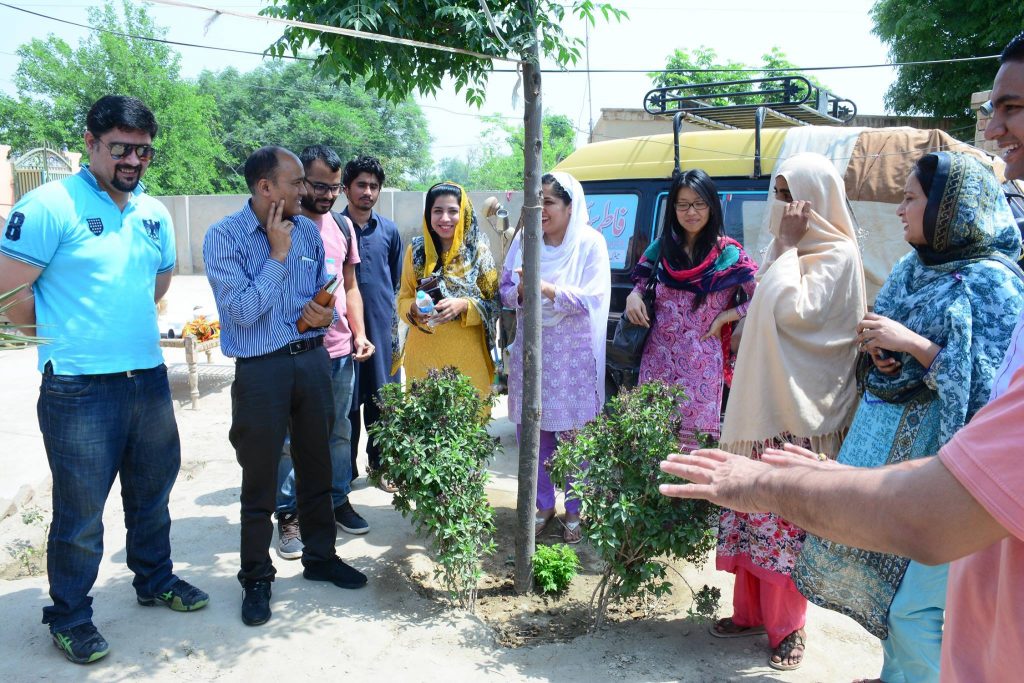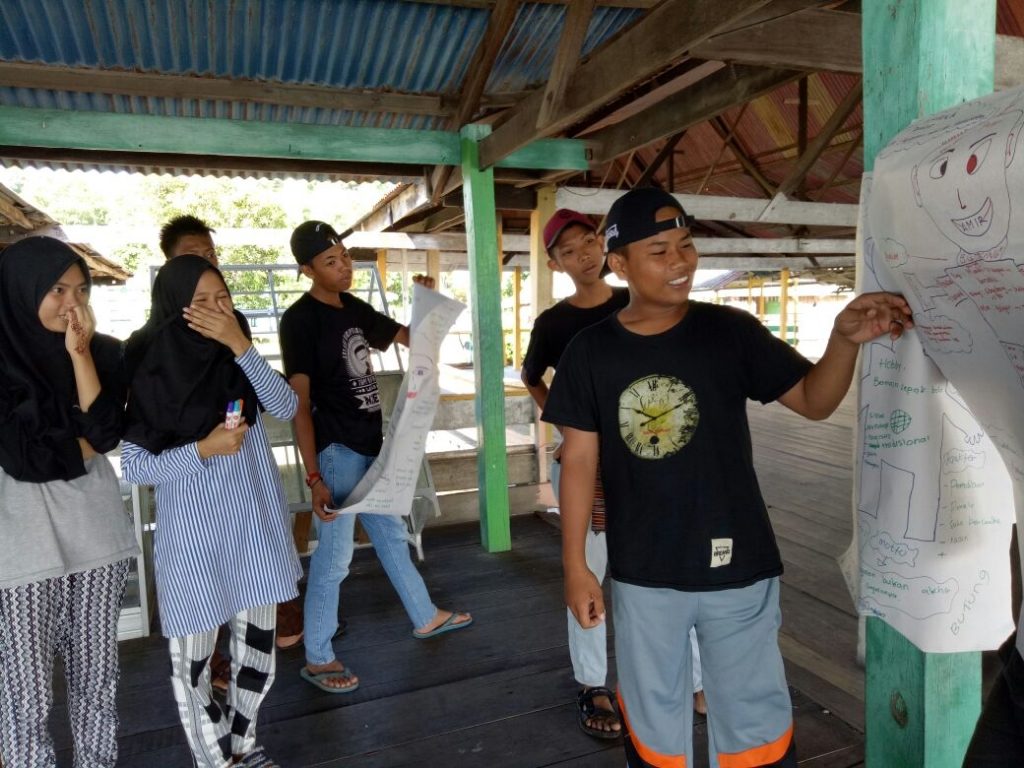Global overview Year 2
Knowledge, skills and self-confidence are the basis of empowering youth to take control of their own futures. Through targeted trainings, Oxfam and our local partners have built the agency and skills of almost 10,000 young people in the past year. We linked them to employers and market opportunities and connected them to youth groups and other meaningful networks.
We not only help youth to increase their economic opportunities, but also encourage them to get involved in decision-making processes. Youth take a lead in calling on their local and national governments to implement youth-empowering policies.
Key achievements
EYW’s second year was primarily about investing in the youth groups and gaining trust in the communities and stakeholders we work with. We have seen promising examples of increased confidence and decision-making power among the young people.
In all countries, training modules have been designed and vocational and soft skill trainings have started. The first Youth Hubs have been set up, piloted and are now up and running in 3 countries. Youth groups have received entrepreneurship trainings and access to loans. Joint work with the private sector is underway, e.g. on dual apprenticeship schemes that combine theoretical and practical training.

The EYW teams have been able to engage interesting stakeholders from all layers of society – ranging from community members to national ministries – through both formal and informal partnerships.
To help create an enabling environment in which the program objectives can be achieved and young women in particular can enjoy economic opportunities and a voice in society, youth and community awareness-raising sessions have been held on social norms, gender inequality, gender-based violence (GBV) and sexual and reproductive health rights (SRHR). The project teams have campaigned nationally and internationally on International Youth Day and have developed focused influencing strategies. In Bangladesh and Pakistan, young people have already achieved the program’s first advocacy successes by influencing regional and national youth policy.
Education is a space where we cultivate society, not just individual workers." -Linda Herrera, Professor of Education Policy, Organization and Leadership
In 2 countries, Gender Action Learning System (GALS) activities took place, enabling youth to work on personal development plans to promote the redistribution of care and domestic responsibilities at household level. As a result of the program, boys said they had greater awareness of unpaid care and were now participating in some domestic tasks to ease the workload of female family members.
The program has a strong focus on fostering and learning from innovations. This was supported by an ‘E-Motive’ learning exchange, ‘Innovation Triads’ to foster leadership in innovation, and Human Centered Design (HCD) which encourages collaboration and creativity.

The EYW country teams focused on understanding the context and needs of young people to inform the design and testing of their interventions. This was done using the HCD model and other analyses and surveys. The new insights this provided, e.g. on social norms, gender relations and youth perceptions of their own skills and agency, have helped the teams to refine interventions.
In year 2 we have faced some challenges that caused delays, including an emergency situation in parts of Ethiopia, and suspension of EYW’s Memorandum of Understanding with the Indonesian government. These have had a severe impact on project implementation in the two countries.
